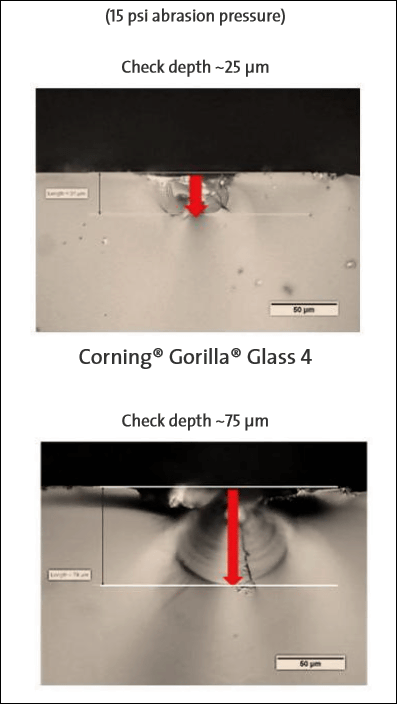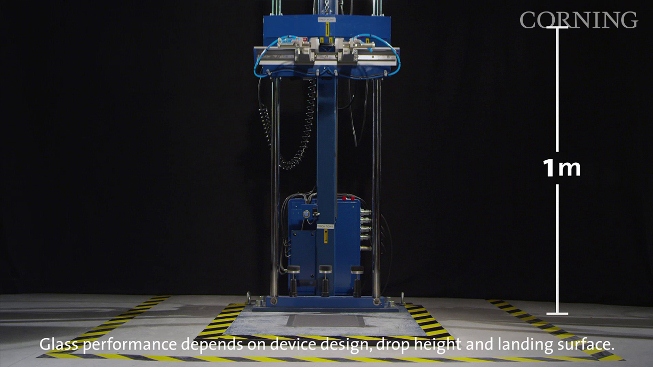Infographic] Galaxy A13 Delivers All the Essential Galaxy Features to Help Users Stay Connected – Samsung Mobile Press
/cdn.vox-cdn.com/uploads/chorus_asset/file/20107948/corning_gorilla_glass_victus_1.jpg)
Corning's new Gorilla Glass Victus could let your phone survive a six-foot drop, plus scratch resistance - The Verge

Gorilla glass 4" strengthens the strength twice as strong as other glasses reinforced glass, strongly strengthens the impact resistance and abrasion resistance when dropping the smartphone - GIGAZINE

Apple supplier Corning says new Gorilla Glass 4 twice as shatter-resistant in drop tests (Video) - 9to5Mac














/cdn0.vox-cdn.com/uploads/chorus_asset/file/7022913/retina_1422.jpg)





/cdn.vox-cdn.com/uploads/chorus_asset/file/13292999/akrales_181018_3035_0043.jpg)